Just in time for Thanksgiving, an archivist at the Smithsonian Institution has stumbled upon a treasure of culinary and visual art history. In a dusty storage room, a box mistakenly labeled “the nicer china for trustee dinners” held a trove of recipes, cooking notes, and holiday menus from some of the most renowned artists in the United States. From Andrew Wyeth’s cornbread to Mary Cassatt’s account of baking pie with her mother, these records are being published for the first time in a Hyperallergic exclusive that a Smithsonian spokesperson said she hopes will “for the love of god give us all something else to talk about at the dinner table besides politics.”
Editor’s note: After some discussion, we decided not to include John Baldessari’s recipe below, as it consisted only of the phrase “I will not eat any more turkey” written 58 times in cursive script on the back of a placemat.
Andrew Wyeth’s Forlorn Cornbread

Combine cornmeal, buttermilk, and egg and bake in a cast-iron skillet. The result should be a dry, austere bread that evokes the arid landscapes of New England and challenges the bucolic vision of rural America. Eat alone, in melancholic silence, while crawling across a barren field.
Mary Cassatt’s Thanksgiving Pie to Bake With Mother
Is there anything sweeter or more steadfast than a mother’s love? As I write this, the scent of pumpkin and spices fills the air — Mother and I are baking a Thanksgiving pie together! She insists on showing me her way of crimping the edges of the crust, though I think my hands will never master it quite like hers. She is the very essence of tenderness. It humbles me, how she — NO, MOM, I DIDN’T FORGET THE NUTMEG. YES. YES. OKAY. PLEASE DON’T TOUCH THAT. What unparalleled joy to bask in these special moments together, to create the memories that we will cherish forever. It is in the maternal bond, and not in the romantic expression, that we connect to our truest selves, such that we — I TOLD YOU I’M NOT GOING ON A DATE WITH MR. WEATHERBY’S SON. YES, I KNOW HE IS A FINE ENOUGH GENTLEMAN. I AM NOT GOING TO DIE ALONE WHY WOULD YOU SAY THAT??? WHAT IS THAT SMELL? I DID SET AN OVEN TIMER, WHAT DO YOU MEAN SOMETHING IS BURNING. HELLO????? MOM???!!
Richard Serra’s “Tilted Cranberry” (1980)

Purchase a 120-foot heavily rusted tin can of cranberry jelly. Cold-roll the sides of the can to achieve a gentle sloping curve on either side before unmolding. Test for doneness by gauging whether the form is sufficiently aggressive and imposing. Hollow a central cavity in the jelly and experience of the intimacy and claustrophobia of the cranberry from the inside.
Edward Hopper’s Diner Dinner
The streets of New York City are empty of people, only their lit windows visible from these desolate streets. Having no family to celebrate with, you set out for the last respite of the weary — the diner. It’s just you, a pair of travelers, and the man behind the bar. You order a cup of black coffee, and a slice of pie for dessert.
Jackson Pollock’s Gravy

Lay out a white tablecloth on the floor and dribble, pour, and drip the gravy directly from the saucer using sweeping gestural motions that evince your male bravado. Take a swig or two of vodka for good measure. When the guests arrive, blame your wife for the mess. Later, ask her to help you sell the stained cloth as a painting and watch as she single-handedly launches your artistic career.
Donald Judd’s Minimalist Meal
Send specifications for your Thanksgiving dinner to an industrial manufacturer, including painstaking instructions for sourcing identically sized sweet potatoes and stacking them equidistantly on the wall and a diagram of a turkey intercepted by a metal pipe. Serve to guests while boasting that you spent the whole day in the kitchen.
Ansel Adams’s Sublime Potato

You cannot improve potato. You can only reveal your impression of potato or its impact on you. The photographer should strive for the pure and unadulterated potato, to capture its grandeur and rich tonal range so that man may be in awe of potato and, as a result, ponder on his relative insignificance in the scheme of the universe. Potato.
Georgia O’Keeffe’s Uncomfortable Cabbage
Cut cabbage in half and arrange sections suggestively. When asked to pass the dish, comment loudly on “how sensual that cabbage is looking today,” noting that it “reminds you of something, but I won’t say what.” Let awkward silence ensue.
Alma Thomas’s Deconstructed Green Bean Casserole (Bird’s-Eye View)

Inspiration lies everywhere in the natural world, even in the humble green bean casserole. First distill the dish to its essential components, then arrange them in a concentric circle. Reflect on the transcendental possibilities of vegetables. Matisse could never.
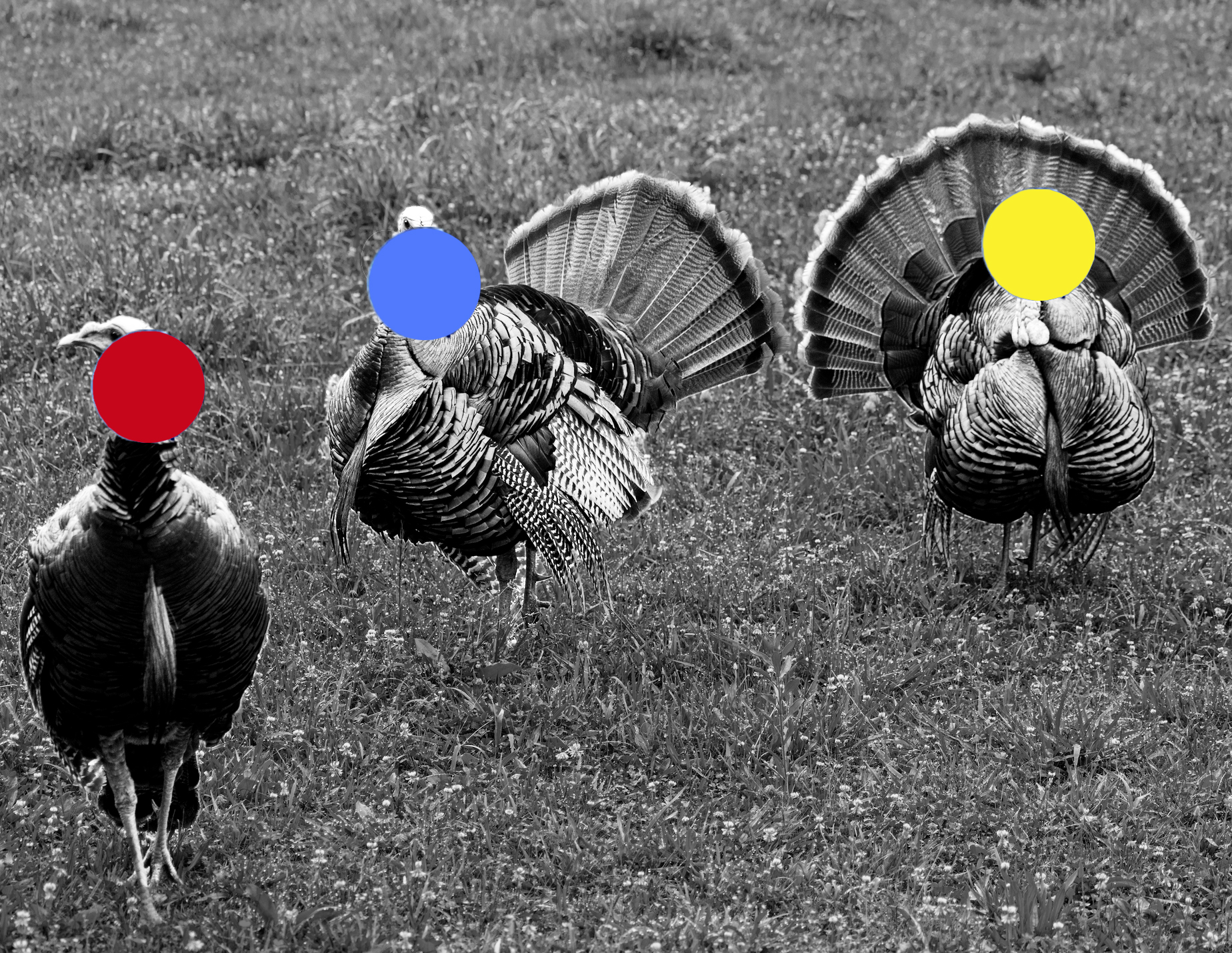
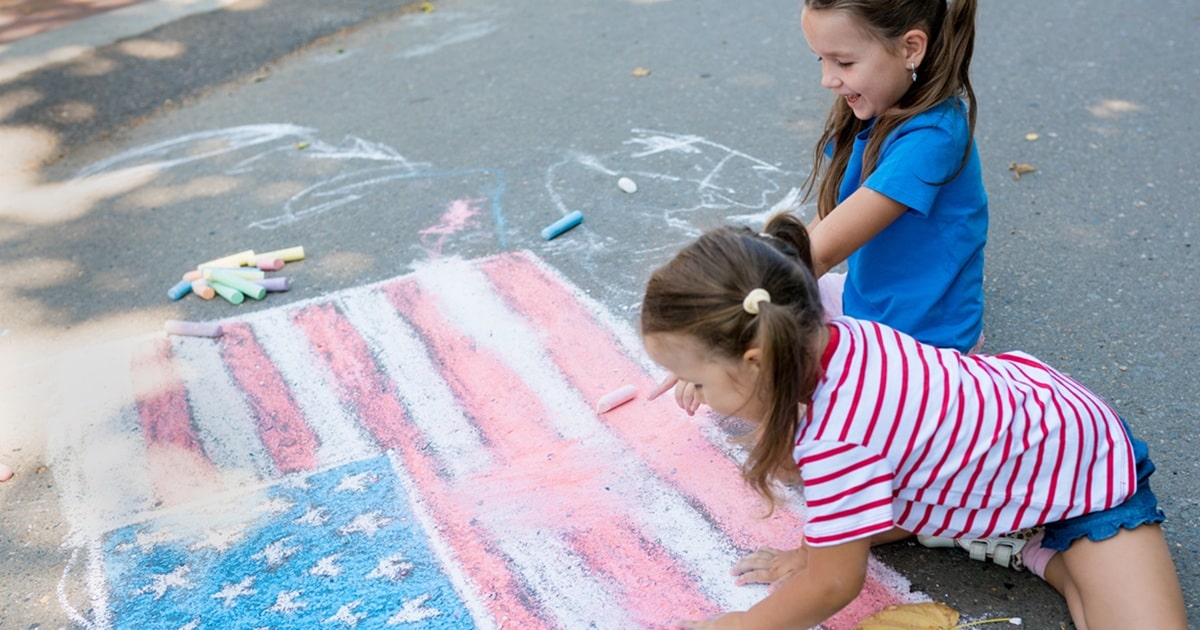
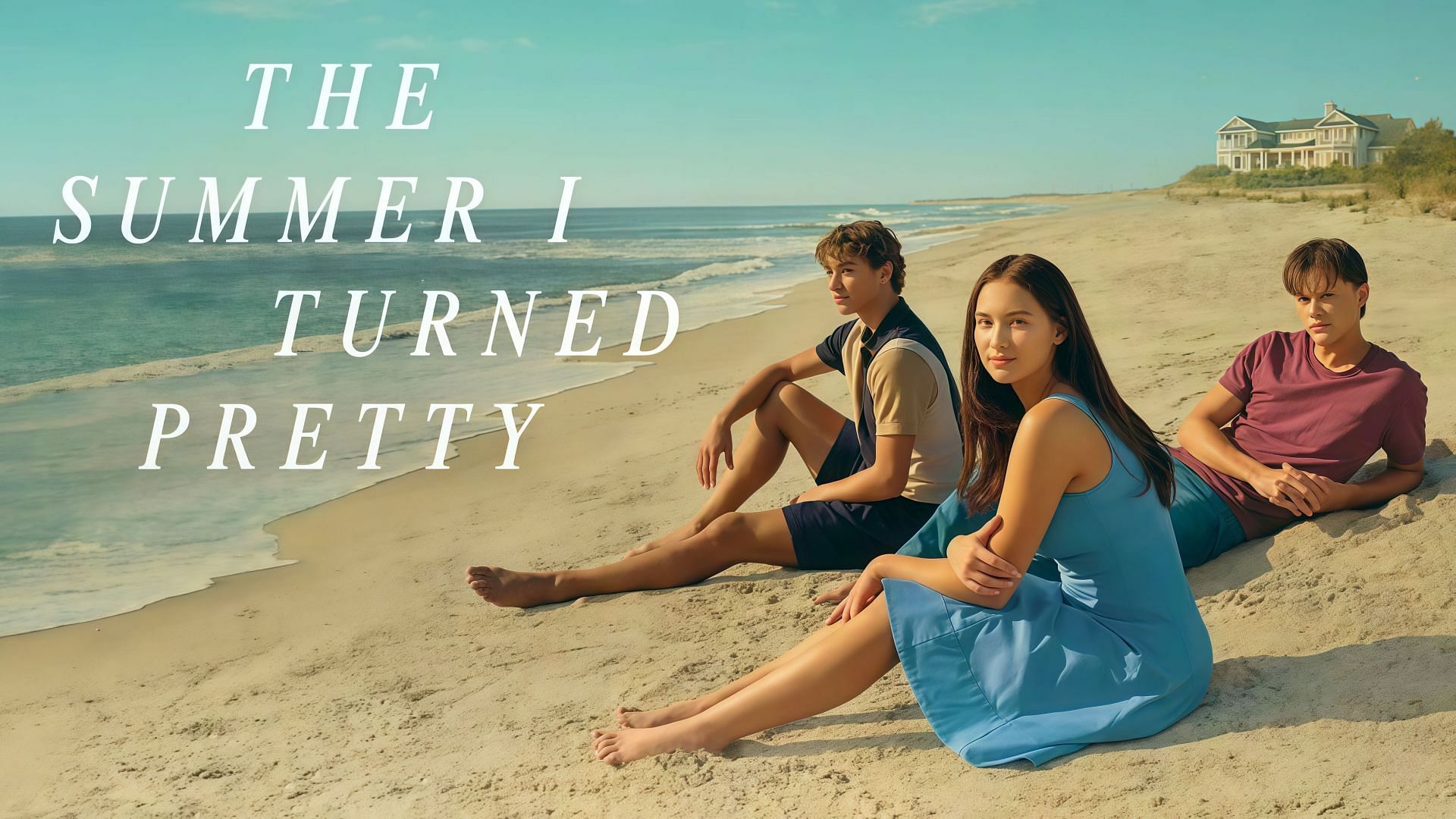
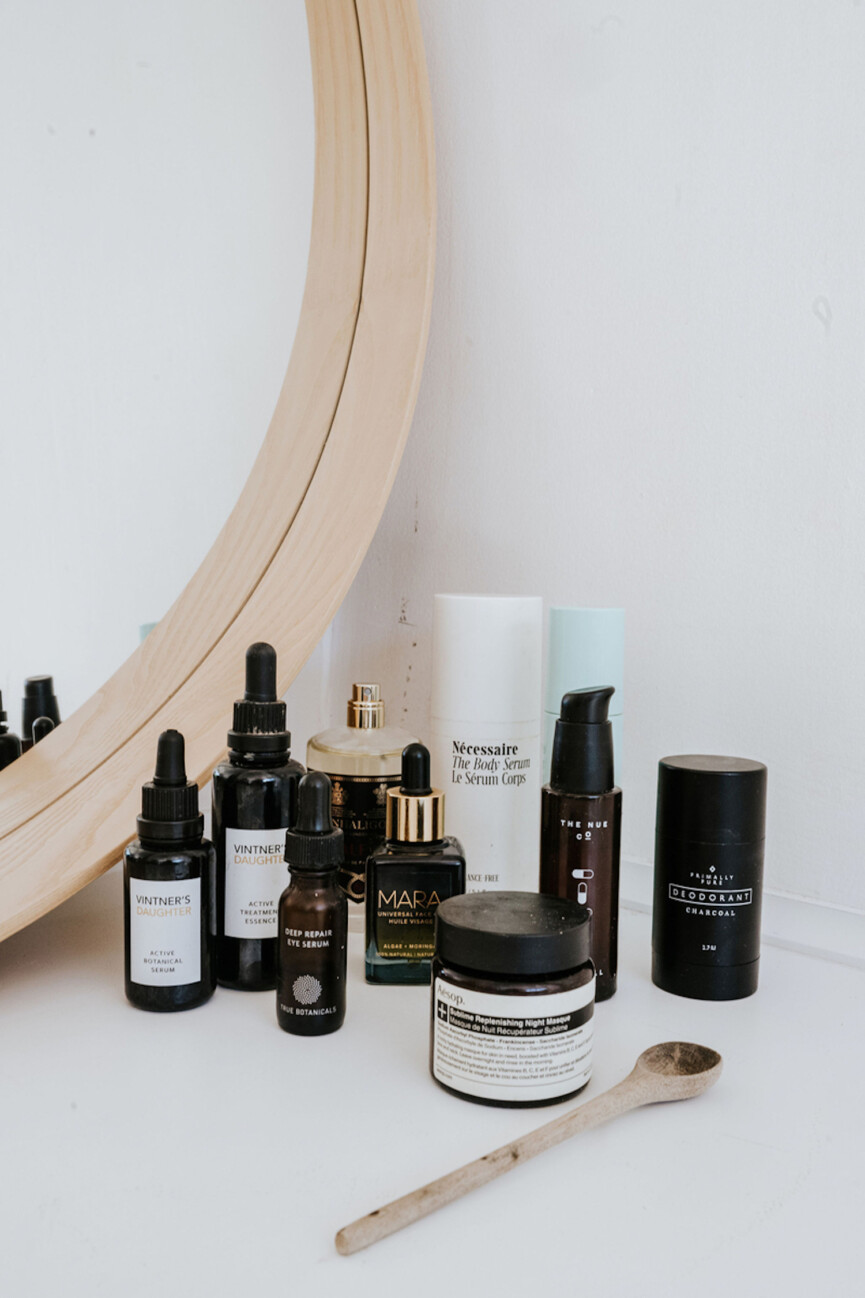
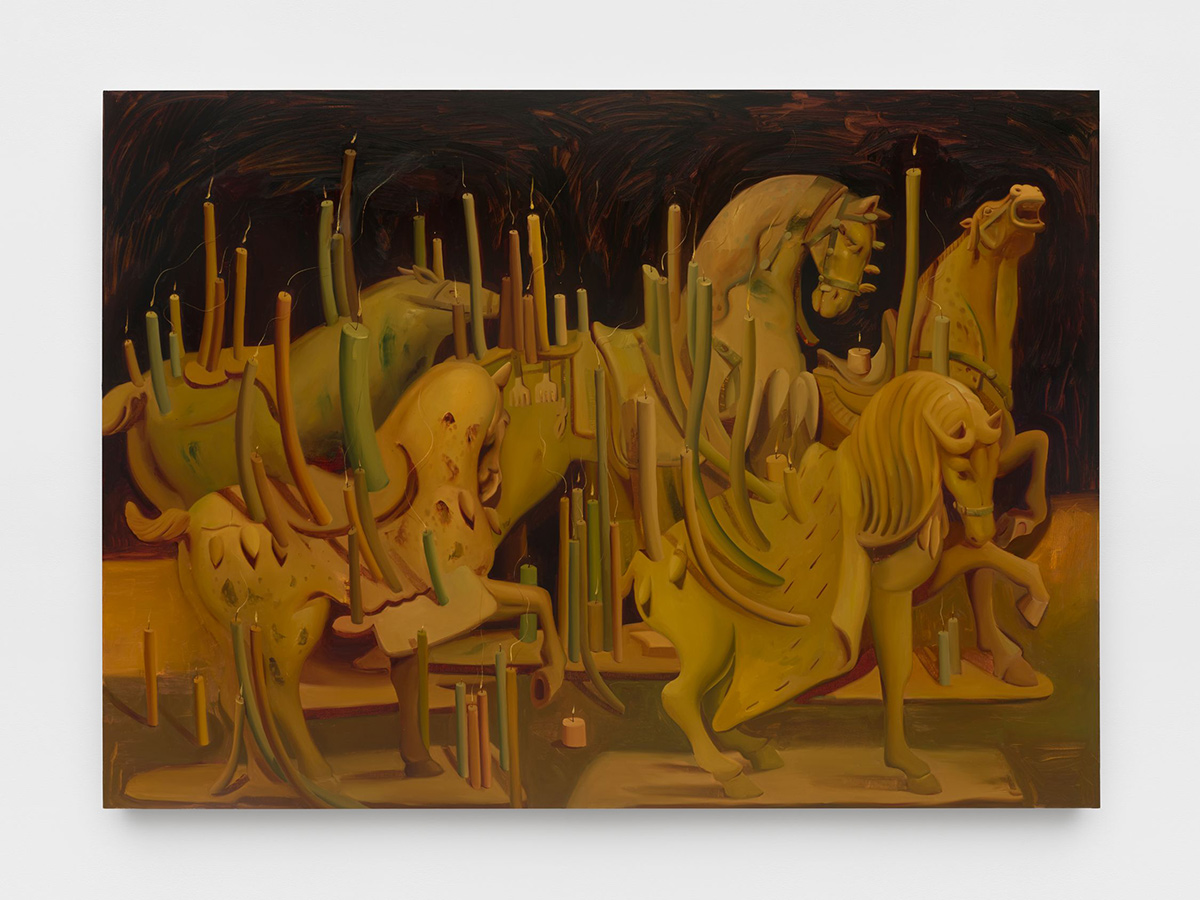
Leave a Reply